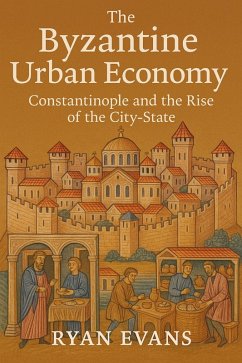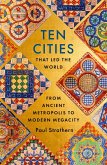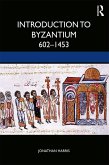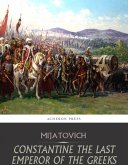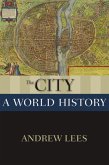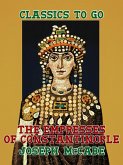Evans traces the growth of Constantinople's urban economy, highlighting key factors such as imperial policy, trade networks, and the influence of the Church. He explores the strategic significance of the city's location, its infrastructure, and the economic activities that flourished within its walls, including the rise of guilds, markets, and luxury goods production. The book also investigates the complex relationship between imperial power and local economic autonomy, as well as the role of taxation, public works, and military investments in shaping urban life.
Through detailed historical analysis and primary source examination, The Byzantine Urban Economy provides insight into how Constantinople, despite external threats and internal challenges, became a model of urbanization and statecraft in the medieval world. The book sheds light on the socioeconomic foundations that supported the empire's longevity, while also offering a nuanced understanding of the urban dynamics that contributed to the eventual decline of Byzantine power. This work is essential for anyone seeking to understand the economic, social, and political evolution of one of history's most influential cities.
Dieser Download kann aus rechtlichen Gründen nur mit Rechnungsadresse in A, B, CY, CZ, D, DK, EW, E, FIN, F, GR, H, IRL, I, LT, L, LR, M, NL, PL, P, R, S, SLO, SK ausgeliefert werden.

